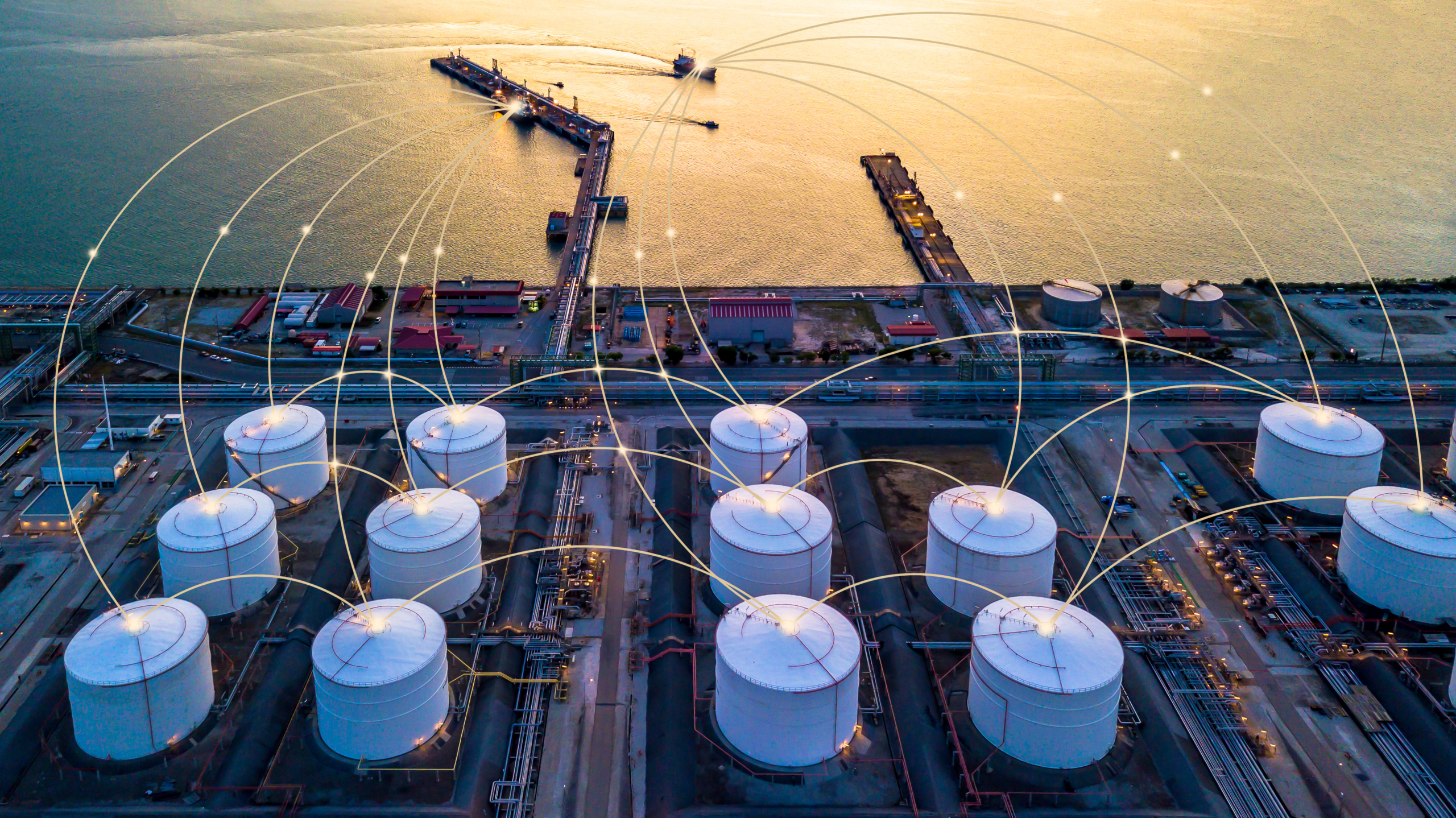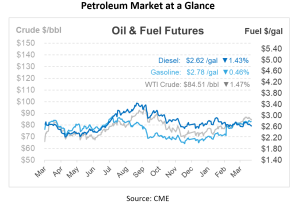
What’s That: Scrubber
This week, we’re diving into the world of marine vessels, specifically focusing on a crucial but often overlooked component: the scrubber. If you’ve heard this term floating around and wondered what it’s all about, you’re in the right place. Let’s explore what scrubbers are, how they are used in marine vessels, and why they are beneficial for both the environment and the industry.
What is a Scrubber?
In the context of marine vessels, a scrubber is a pollution control device installed in the exhaust system of ships. Its primary function is to remove harmful components, particularly sulfur oxides (SOx) and other particulate matter, from the ship’s exhaust gases before they are released into the atmosphere. Scrubbers are a direct response to increasingly stringent global regulations aimed at reducing air pollution from ships.
How do Scrubbers Work?
Scrubbers work by spraying a mixture of water and a reagent or simply seawater into the exhaust stream. This mixture absorbs or neutralizes the sulfur dioxide (SO2) present in the exhaust gases. There are mainly three types of scrubbers used in marine vessels:
Open-loop Scrubbers: These use seawater to remove sulfur from the exhaust, discharging the wash water back into the sea after treatment to remove harmful components.
Closed-loop Scrubbers: These systems circulate fresh water with a reagent added to neutralize the SO2. The wash water is recycled onboard, and pollutants are stored for disposal at the port.
Hybrid Scrubbers: Combining features of both open and closed-loop systems, hybrid scrubbers can operate in either mode, providing flexibility depending on maritime regulations and environmental considerations.
It is anticipated that further guidelines aimed at enhancing sustainability will be implemented in the upcoming years, elevating the significance of the innovative technology behind marine scrubbers even further.
Why are Scrubbers Beneficial?
Scrubbers bring a host of benefits to the maritime industry, spanning environmental, regulatory, economic, and operational advantages. The foremost benefit of scrubbers is their capacity to mitigate air pollution, especially sulfur emissions, significantly. These systems are capable of eliminating up to 98% of sulfur dioxide from ship exhaust, playing a role in shrinking the maritime industry’s environmental impact. Such a reduction is crucial for fighting acid rain and safeguarding marine ecosystems.
On the regulatory front, the International Maritime Organization (IMO) has set more stringent sulfur limits through its International Convention for the Prevention of Pollution from Ships (MARPOL Annex VI). Scrubbers provide a viable solution for ships to meet these stricter standards without the need to switch to more costly low-sulfur fuels. This aspect ensures ships can operate within legal regulations while avoiding higher fuel costs.
From an economic perspective, although the upfront cost of installing scrubbers is considerable, they prove to be financially advantageous over time. Scrubbers allow ships to continue using higher-sulfur, less expensive fuels instead of switching to pricier, low-sulfur options. Consequently, ship operators can realize significant savings in the long term, offsetting the initial investment in scrubber technology.
Furthermore, hybrid scrubbers enhance operational flexibility by allowing vessels to adapt to various regulatory environments seamlessly. This adaptability ensures compliance with global sulfur emission regulations while optimizing operational costs. Hybrid systems, by operating in either open-loop or closed-loop modes, provide ships with the ability to navigate through different jurisdictions without compromising on efficiency or regulatory compliance.
Scrubber Limitations
While marine scrubbers offer significant benefits and utility within the shipping industry, ship owners must contend with several challenges to leverage this technology fully. Firstly, the upfront cost for acquiring and installing a scrubber system can range between $2 million and $6 million, presenting a substantial initial investment. Although closed-loop systems are designed for lower maintenance demands, the operational and maintenance expenses still contribute to the overall cost.
Furthermore, the management of scrubber waste presents another hurdle. Effective dewatering of waste is a proven method, yet it necessitates the installation of a sludge handling facility onboard the ship, adding complexity and potential costs to operations.
O’Rourke Marine Services, part of Mansfield Service Partners, provides comprehensive fuel supply and management solutions to coastal and inland vessels on the Texas Gulf Coast. Predominantly servicing the Houston, Galveston, Port Arthur, and Corpus Christi areas, our services span from Brownsville, TX, to Lake Charles, LA. To learn more about our marine fuel supply and service options, click here.



